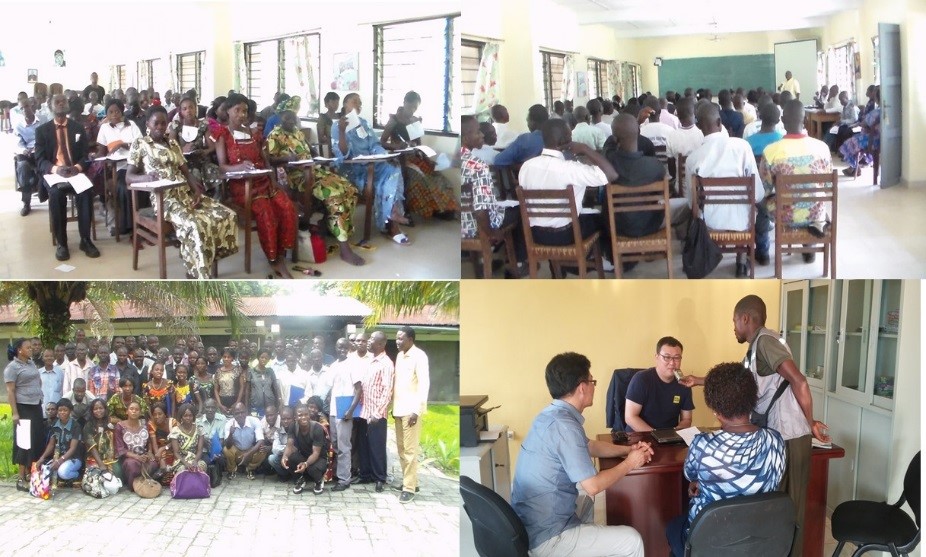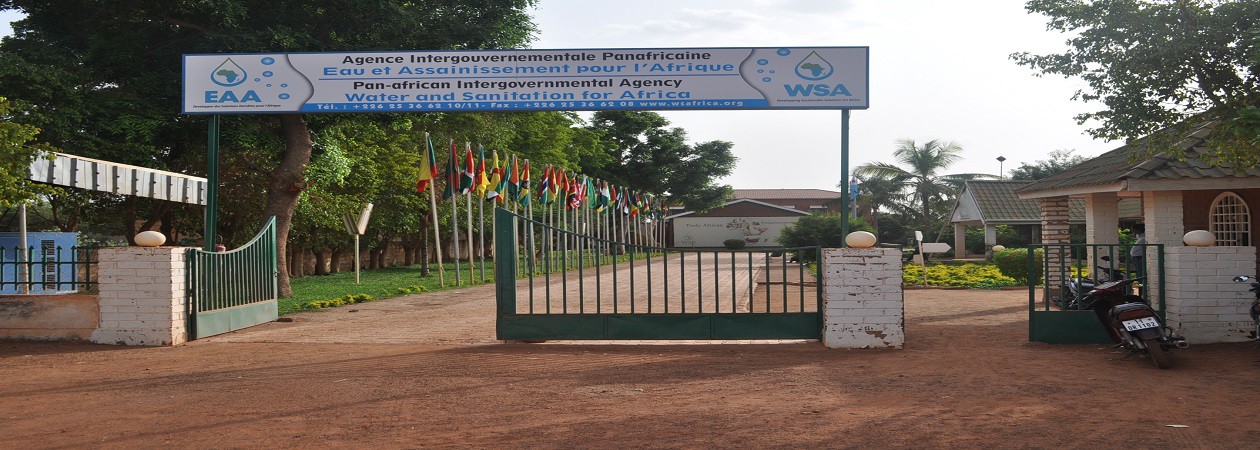In line with its vision and building on its rich experience in terms of provision of water and sanitation services to African populations, Water and Sanitation for Africa, WSA pursues its mission through its various country offices. As such, an important project has been launched in the city of Idiofa, Bandundu Province, Democratic Republic of Congo (DRC). Ten (10) villages will benefit from this project and will see a significant improvement of their sanitary conditions.
The "Improving Access to Water and Sanitation in Idiofa, DRC", Project start-up activities began in early October 2013 with the target of 53 000 inhabitants in the various intervention villages/communes. The main objective is to promote human development and the living conditions of the poor by improving the quality of basic social services. To achieve this, the project is based on specific objectives such as:
$1· Provide drinking water in sufficient quantity and quality for the rural population;
$1· Fight against waterborne diseases to contribute to the health of the rural population;
$1· Reduce women tedious chore of fetching water in rural area.

Figure 1: latrines and latrine building equipment
The project, which is planned to come to an end in July 2016, is based on three orientation axis including the building of water and sanitation infrastructures, capacity building of stakeholders and targeted communities. Expected results based on orientation axis are as follows:
Axis 1: Building water and sanitation infrastructures
$1· About 53 000 target villages have access to an improved water source and use clean latrines;
$1· The 10 villages are provided with (18) boreholes fitted with a solar pumping system and (14) arranged water sources ;
$1· 28 blocks of latrines are built in schools and institutes of the beneficiary villages;
$1· 9 water tanks and 9 blocks of latrines are built in health centers in target villages
$1· Each water and sanitation committee has an office built by the project.
Axis 2: Capacity building of stakeholders
$1· two training sessions on "Water, sanitation and environmental management" are held for teachers, nurses, NGOs, etc. operating in Idiofa;
$1· four training sessions are organized for water and sanitation committee members on topics related to the administration and financial management; planning and operationalization; operation and maintenance of photovoltaic systems and the maintenance of water and sanitation facilities;
$1· awareness sessions on good practices (on water, hygiene and sanitation) are held in each village.
Axis 3: Capacity building of communities
$1· 10 water and sanitation committees are set up
$1· these committees are involved in the promotion of the environment and in the management and maintenance of water and sanitation facilities in the village.

Figure 2: Training and awareness sessions on hygiene and sanitation
As shown, the project will significantly contribute to the government efforts to improve population health. More of a reason why this project benefits from the financial support and trust of the Korea International Cooperation Agency (KOICA) and the support of the Korea Environment Corporation (KECO). Along with WSA expertise, this triangle of partnership brings more than a project, it is also the reach of Idiofa people hope and the evidence of WSA presence in the field.



